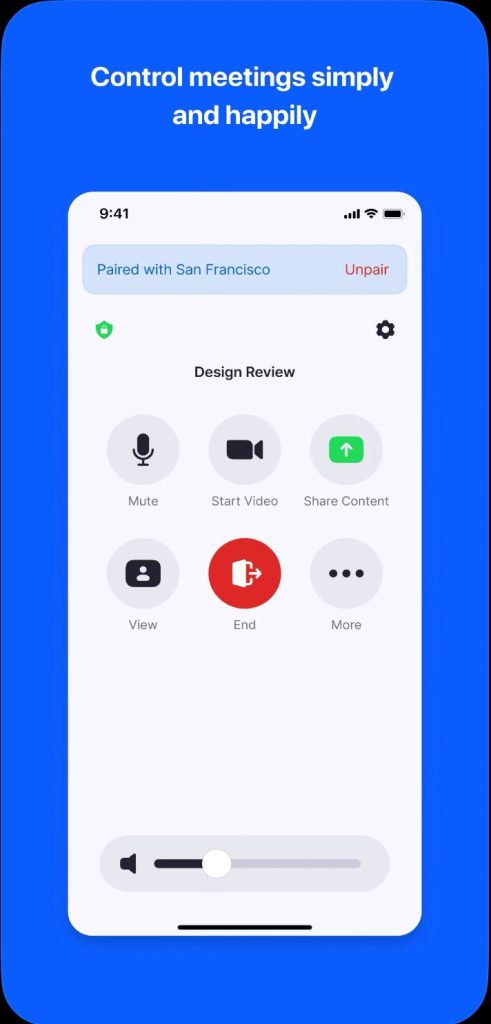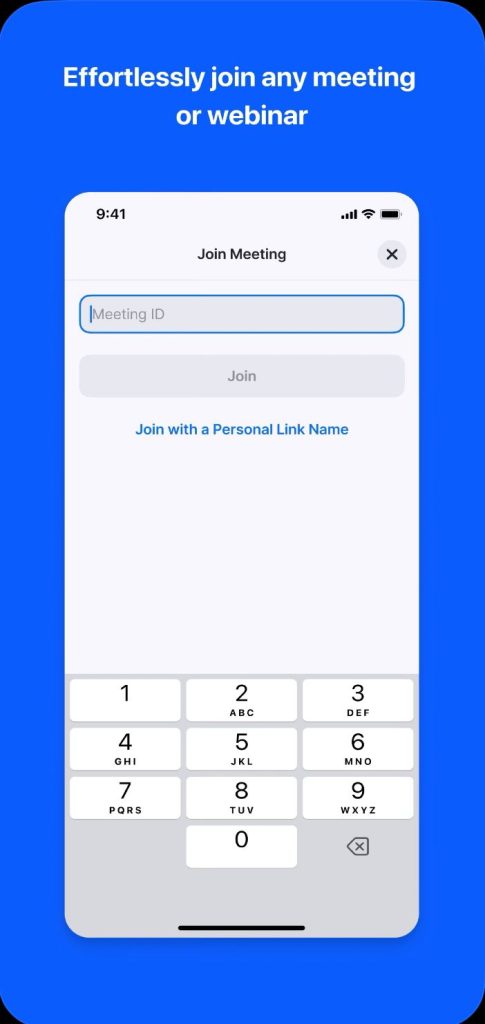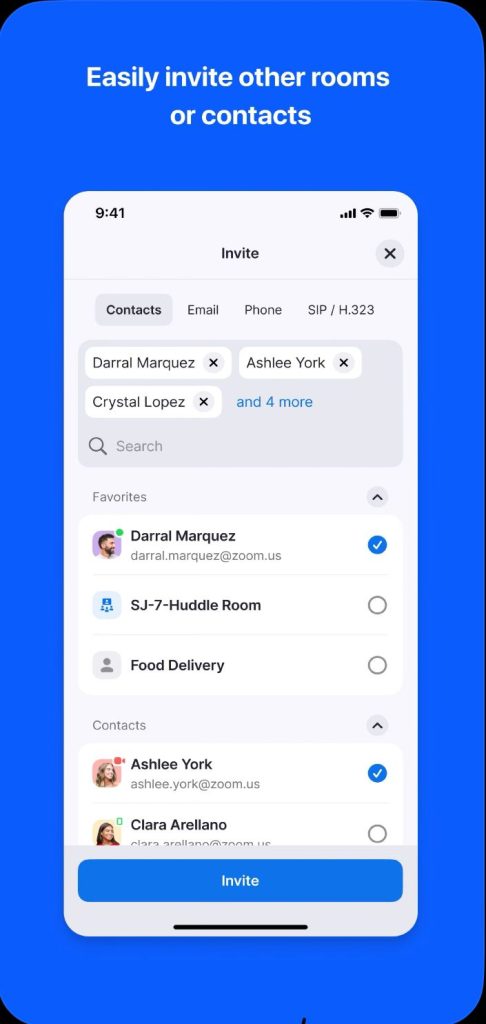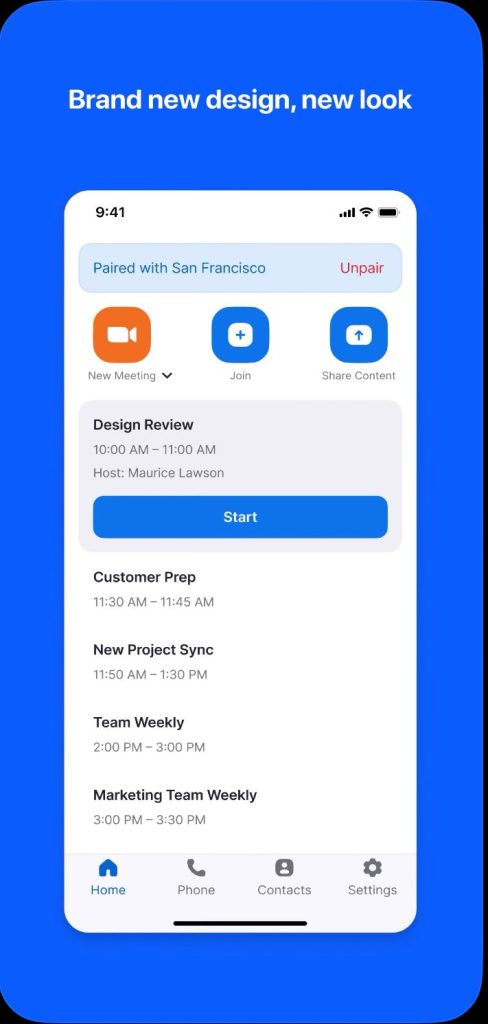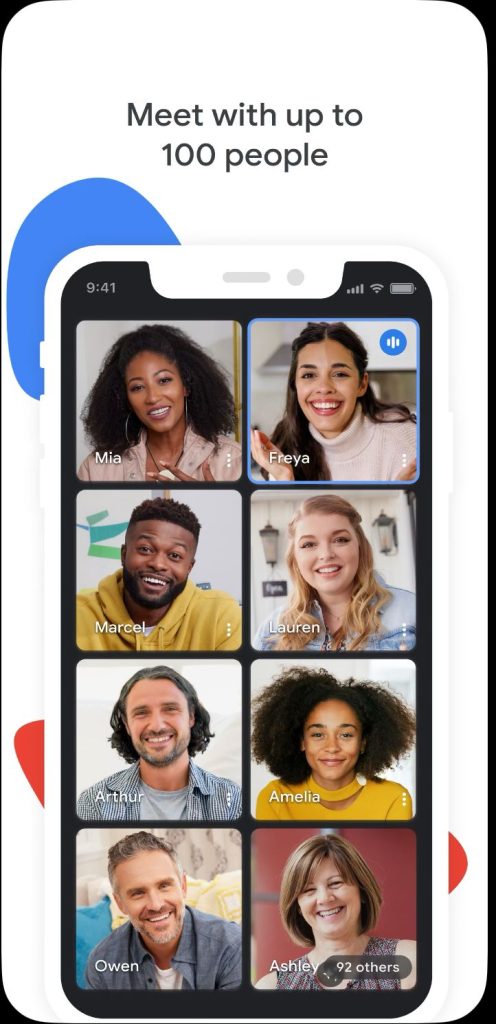In recent years, the widespread adoption of video conferencing platforms has brought convenience to our daily lives, whether for work, education, or social interaction. However, with this increased usage comes a new wave of cybersecurity threats, including a disruptive practice known as ZoomBombing. This article will explore what ZoomBombing is, how to prevent it, and ways to protect your home network from hackers.
What is Zoom Bombing?
ZoomBombing is a term used to describe the unauthorized intrusion into a Zoom video conference by an uninvited person or group. These intrusions often involve disruptive behavior, such as sharing inappropriate content, using offensive language, or simply causing chaos in the meeting. The term became widely known during the early stages of the COVID-19 pandemic when the use of Zoom skyrocketed.
How Does ZoomBombing Happen?
ZoomBombing occurs when a malicious actor gains access to a Zoom meeting by exploiting weak security measures. Common methods include:
- Publicly Shared Meeting Links: Posting a meeting link on social media or other public platforms makes it easy for anyone to join.
- Guessing Meeting IDs: Some attackers use automated tools to guess random Zoom meeting IDs, allowing them to join meetings without an invitation.
- Weak Passwords: If your meeting is not protected by a strong password, it becomes vulnerable to unauthorized access.
How to Prevent ZoomBombing
Preventing ZoomBombing is crucial to maintaining the integrity and security of your video conferences. Here are some effective strategies:
Use Meeting Passwords:
Always set a strong password for your Zoom meetings. This adds an extra layer of security, ensuring that only invited participants can join.
Enable Waiting Rooms:
The Waiting Room feature allows the host to control who enters the meeting. Participants can be admitted one by one, preventing unauthorized access.
Limit Screen Sharing:
Restrict screen sharing to the host or co-hosts only. This prevents intruders from sharing disruptive or inappropriate content during the meeting.
Avoid Publicly Sharing Meeting Links:
Never post your Zoom meeting link on public platforms. Instead, share the link directly with participants via secure channels, such as email or direct messaging.
Lock Your Meeting:
Once all participants have joined, consider locking the meeting. This prevents anyone else from entering, even if they have the meeting ID and password.
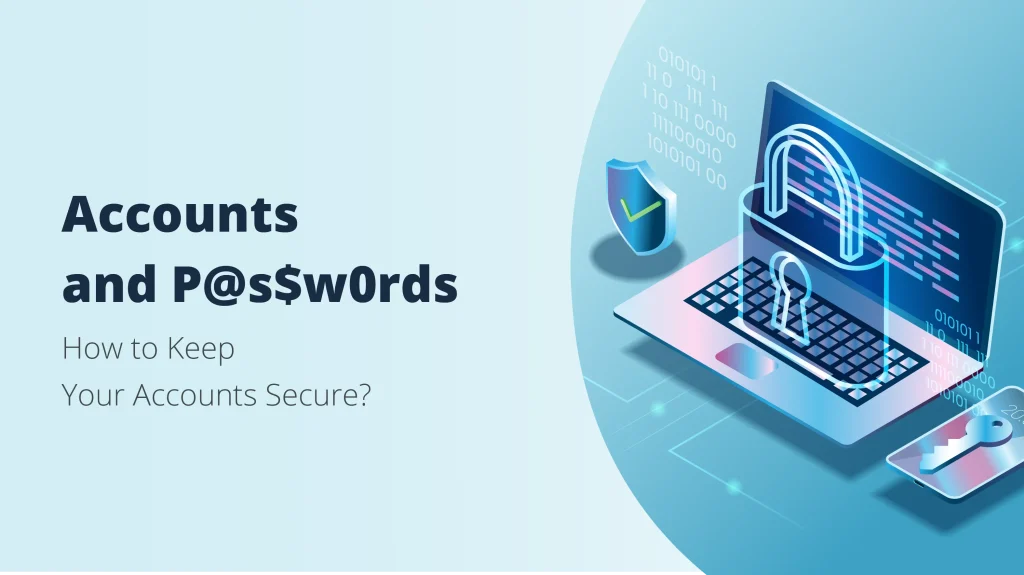
Protecting Your Home Network from Hackers
In addition to preventing ZoomBombing, it’s essential to safeguard your home network from hackers. Here are some steps you can take:
Secure Your Wi-Fi Network:
Ensure your Wi-Fi network is protected with a strong password and encryption. Use WPA3 security if available, and avoid using default passwords provided by the manufacturer.
Keep Software and Devices Updated:
Regularly update your router firmware, operating system, and any connected devices. Security updates often include patches for vulnerabilities that hackers could exploit.
Use a Virtual Private Network (VPN):
A VPN encrypts your internet traffic, making it more difficult for hackers to intercept your data. Consider using a VPN for added security, especially when accessing sensitive information.
Enable Two-Factor Authentication (2FA):
Enable 2FA on all accounts, including Zoom. This adds an extra layer of security by requiring a second form of verification in addition to your password.
Monitor Your Network for Suspicious Activity:
Regularly check your network for any unfamiliar devices or unusual activity. Many modern routers offer network monitoring features that can help you detect potential threats.
Turn off cameras, speakers, mics, and other devices after hours:
Some malware is specifically designed to gain unauthorized access to your computer or laptop’s connected devices, such as mics, speakers, and cameras, to steal personal information. To protect yourself, simply turn off these peripherals when they’re not in use.
Individuals working with sensitive data, particularly in fields like Finance or Legal, should be extra vigilant about these potential security threats.
Consider third-party security apps for mobile devices:
While many people use antivirus software to protect their PCs, they often overlook the same protection for their phones and tablets. Security apps like Knox and Lookout provide excellent protection for your device’s data, along with tools to report suspicious activity.
Conclusion
ZoomBombing is a disruptive practice that can compromise the security and privacy of your video conferences. By implementing the preventive measures outlined above, you can protect your meetings from unauthorized access. Additionally, safeguarding your home network from hackers is crucial to ensuring the overall security of your digital environment. Stay vigilant, use strong security practices, and keep your software updated to maintain a secure and safe online experience.

